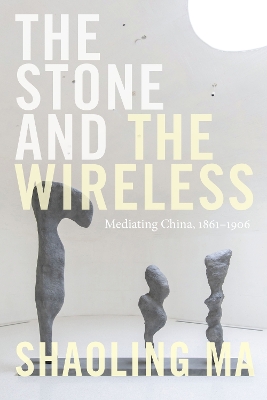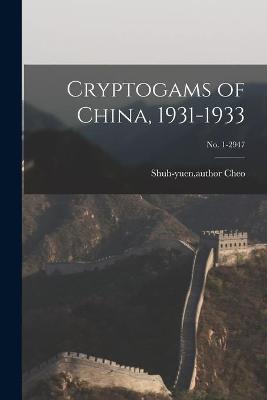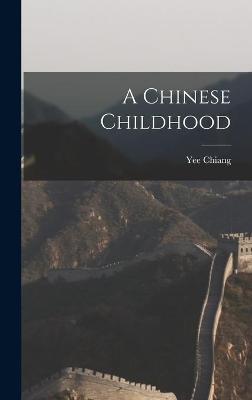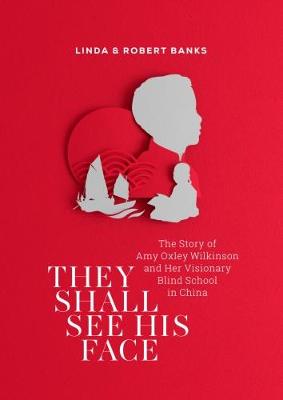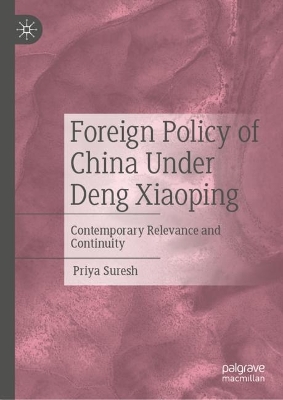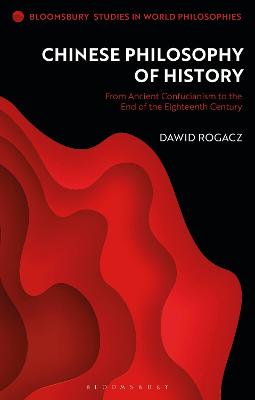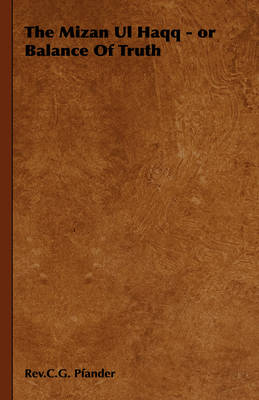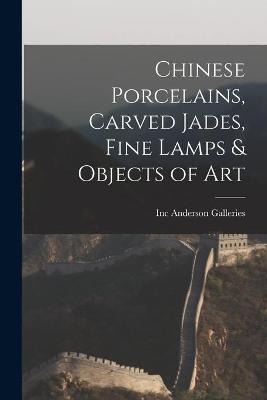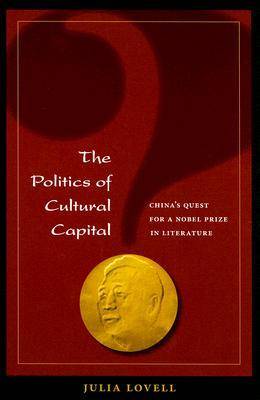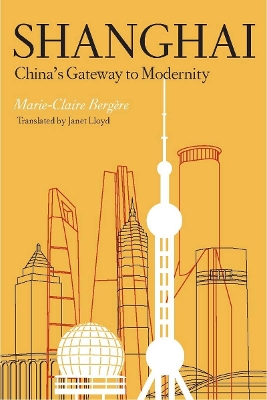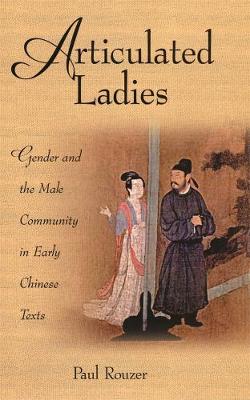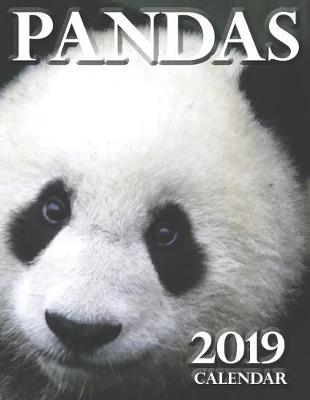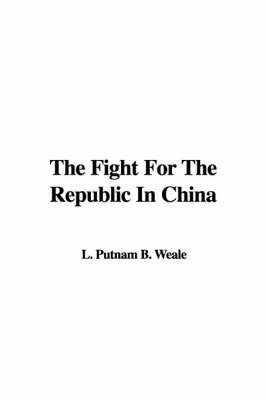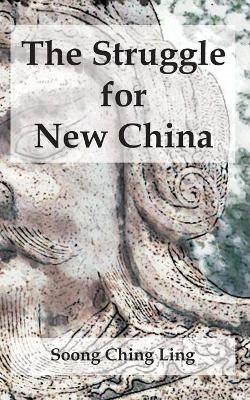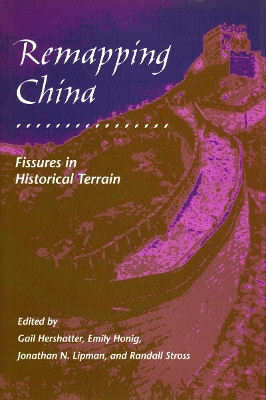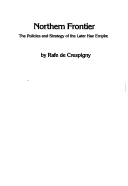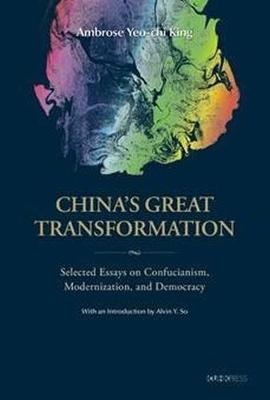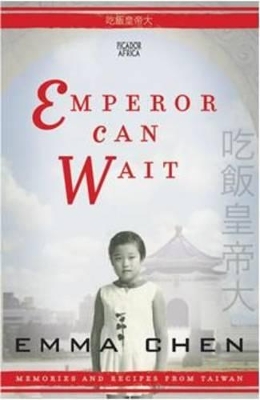In the final decades of the Manchu Qing dynasty in China, technologies such as the phonograph, telephone, telegraph, and photography were both new and foreign. In The Stone and the Wireless Shaoling Ma analyzes diplomatic diaries, early science fiction, feminist poetry, photography, telegrams, and other archival texts, and shows how writers, intellectuals, reformers, and revolutionaries theorized what media does despite lacking a vocabulary to do so. Media defines the dynamics between technologi...
The book examines, linking two key variables – ‘political leadership’ and ‘foreign policy’ – the role of Deng Xiaoping in China’s foreign policy shift after Mao in politico-strategic and economic domains. The book finds out that guided by his own personality, worldview, experience, pragmatism, belief and style Deng attempted to resolve the long-standing domestic and foreign policy issues. Most importantly, Deng moved from the primacy of politics to economic modernisation which resulted in far-r...
Chinese Philosophy of History (Bloomsbury Studies in World Philosophies)
by Dawid Rogacz
Challenging the Eurocentric misconception that the philosophy of history is a Western invention, this book reconstructs Chinese thought and offers the first systematic treatment of classical Chinese philosophy of history. Dawid Rogacz charts the development from pre-imperial Confucian philosophy of history, the Warring States period and the Han dynasty through to the neo-Confucian philosophy of the Tang and Song era and finally to the Ming and Qing dynasties. Revealing underexplored areas of...
Neo-Confucianism in History (Harvard East Asian Monographs)
by Peter K. Bol
In the 1980s, China's politicians, writers, and academics began to raise an increasingly urgent question: why had a Chinese writer never won a Nobel Prize for literature? Promoted to the level of official policy issue and national complex, Nobel anxiety generated articles, conferences, and official delegations to Sweden. Exiled writer Gao Xingjian's win in 2000 failed to satisfactorily end the matter, and the controversy surrounding the Nobel committee's choice has continued to simmer. Julia Lov...
Shanghai today is a thriving, bustling metropolis. But does its avid pursuit of the modern trappings of success truly indicate that it will once again become the shining example of China's commercial and cosmopolitan culture? While history continues to unfold, eminent China scholar Marie-Claire Bergere takes readers back to when Shanghai first opened to the world in 1842 to narrate the city's tumultuous and unique course to the present. Shanghai: China's Gateway to Modernity is the first comp...
Articulated Ladies (Harvard-Yenching Institute Monograph (HUP)) (Harvard-Yenching Institute Monograph)
by Paul F. Rouzer
This volume analyzes the representation of gender and desire in elite, male-authored literary texts in China dating from roughly 200 B.C. until 1000 A.D. Above all, it discusses the intimate relationship between the representation of gender and the political and social self-representations of elite men and shows where gender and social hierarchies cross paths. Rouzer argues that when male authors articulated themselves as women, the resulting articulation was inevitably influenced by this act of...
Remapping China
These stimulating essays address such topics as histories of public health, emotional life, law, and sexuality, notions of borders and frontiers, the relationship between native place identities and nationalism, the May Fourth Movement, and the periodization of the Chinese revolution.
Ambrose Yeo-chi King has been a pioneer since the mid-1960s theorising China’s modernisation process. China’s Great Transformation: Selected Essays on Confucianism, Modernization, and Democracy is a collection of his papers published between 1975 and 1997. These two decades are turning points for China as we observed the following dramatic historical trends—the shift from revolutionary Maoism to Four Modernizations in mainland China, the unexpected democratic transition in Taiwan, and the rise o...
Yi Jian Zhi Xuan (Library of Chinese Classics)
by Hong Mai and Alister D. Inglis
In Emperor can Wait, well-known Johannesburg restaurateur Emma Chen delicately prepares and serves up reminiscences of her fascinating childhood in the newly formed Republic of China in Taiwan and of her early adulthood in both Taiwan and South Africa. Emma's evocative reflections are framed by the exodus of the Kuomintang from Mao Zedong's communist China, and resonate with the popular Chinese saying 'Emperor can wait - while we eat', which captures the importance of food. The sights, sounds, s...
